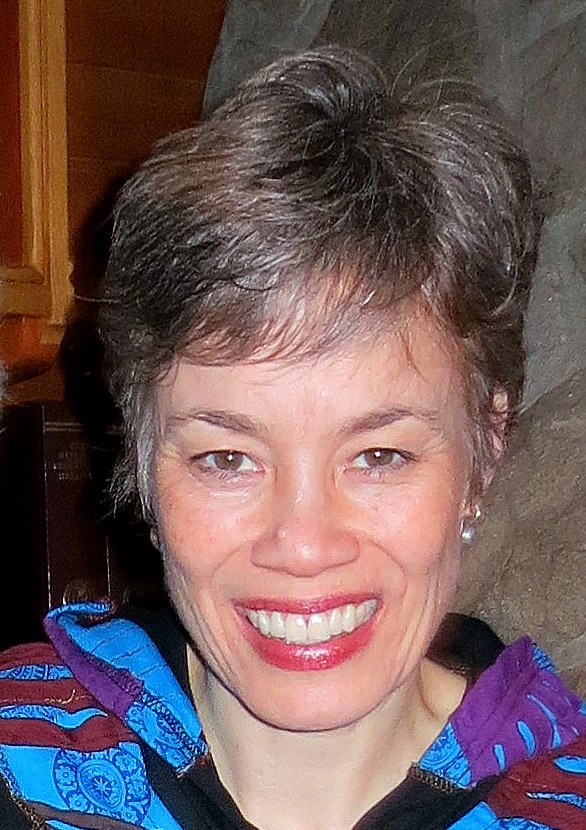Building community is important and striving for socio-economic sustainability means that affordable housing is vital. And as we prepare for next Tuesday’s provincial election, voting for affordable housing should be another key issue on our radars.
Thankfully, Michael Geller, a respected Vancouver-based architect, planner and professor produced a seminar titled “12 More Affordable Housing Ideas for Vancouver.”
Mr. Geller suggests a variety of options government, urban planners/architects, the construction industry and non-profit sector can collaboratively pursue to creatively address this ongoing challenge.
The city of Vancouver has been noticeably successful in encouraging (market) rental housing. It offers several incentives, such as decreased parking requirements, an accelerated approval process and reduced development cost charges. Continuing to supply various forms of rental housing is vital — the region has fallen shamefully behind in recent decades — as is revitalizing aging rental housing. Encouraging partnerships among the non-profit, development and government sectors should continue.
There are also different forms of tenure. Shared equity enables one to rent to own from a non-profit society, private developer or government. Vancouver’s Bayshore Performing Arts Lodge represents the “life lease” form of tenure, where one pays less to get in and recuperation costs may be partial or absent. This allows the non-profit entity to rent or sell to somebody else in due course.
Promoting more affordable construction forms and materials, such as six-storey wood frames and prefabricated modular housing, provide viable solutions. (Geller adds the latter is often better built and more energy efficient than onsite, “stick-built” housing and the applications can be beautifully diverse.)
A recent report by the Greater Vancouver Home Builders’ Association says that even a small change can make a big difference. As many as 18,000 new ground-oriented housing options could be built if just 5% of single-family homes in Metro Vancouver were to be pre-zoned to allow for the more affordable duplex housing form.
Metro Vancouver is not alone. Geller says many cities have gone through this growing pain and come out the other side. Together, we can work toward sustainable housing.
Talk to your mayor and council and build awareness among your network of contacts, especially with those in the planning/development industry.
Here are some approaches we can collectively support:
• Allow basement suites — not just in single-family houses but in duplexes and townhouses as well.
• Adopt fee-simple versus strata. “Party-wall agreements” save on landscaping while fostering individuality.
• Encourage gentle infill via strategic subdivision. Large corner lots can be subdivided to build smaller detached homes. Moreover, character heritage homes can be more easily restored when their larger lots are subdivided to fund the work.
• Resurrect successful building forms from yesteryear. The human-scaled six- and eight-suite apartment blocks have served many neighbourhoods well over the decades. Today, these could sensitively infill along the edges of single-family neighbourhoods.
• Creatively mix residential with today’s light industry. Back in the 1970s and ’80s, if one wanted to build new housing in Vancouver, one had to build office space first. Today’s industrial structures are not an efficient use of land.
• Think roof-top. Adding modular homes, penthouse suites and extra units on existing mid-rise buildings can provide attractive, affordable options.
Melissa Chaun of Port Moody is an ecologist with a passion for all things sustainable. She usually writes a Green Living column for The Tri-City News.



